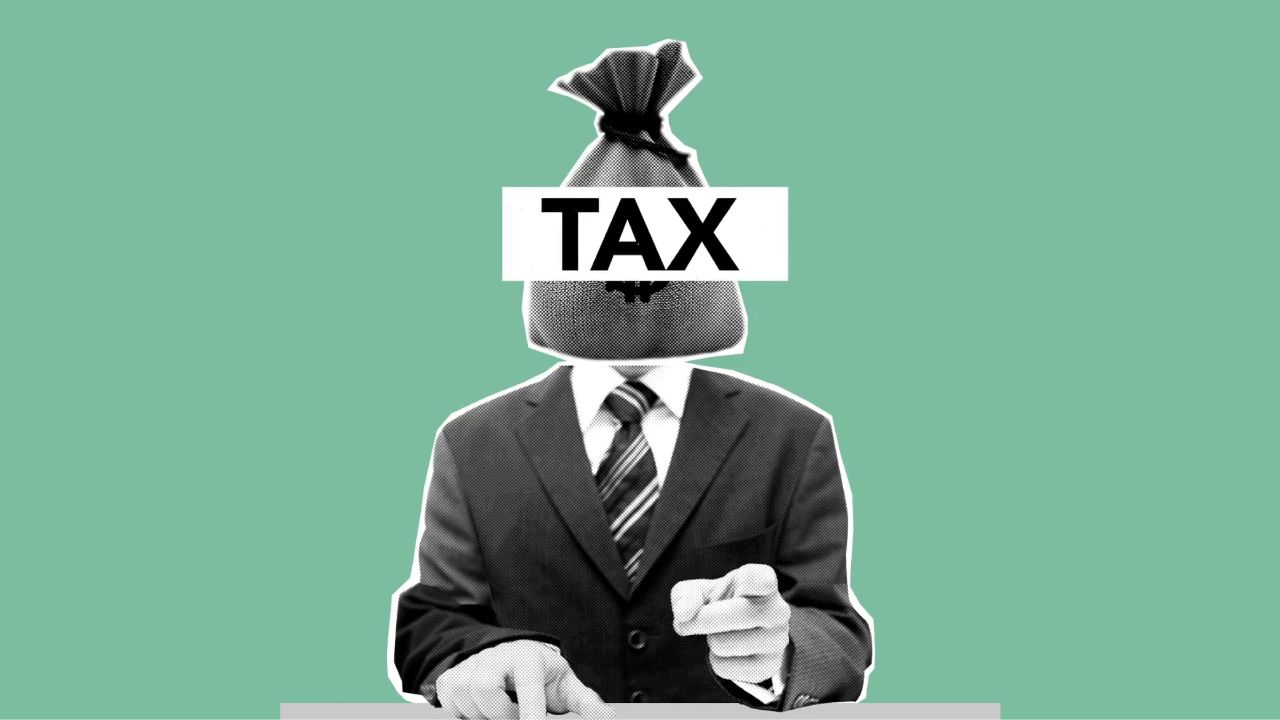
Would you consider yourself a smart business owner?
Smart business owners are in the business of not only making money but also saving money, and tax planning is one of the most effective ways to save money.
In my 40-plus years as a professional tax planner, I’ve worked with countless business owners. The truth is that some of them overpay on their taxes, while others end up saving a fortune with strategic planning.
Here are seven signs of a smart business owner!
1. Smart Business Owners Take Tax Planning Seriously
Occasionally, a business owner will say something along the lines of, “I’m way too busy for tax planning. I just hire a good CPA during tax filing season.”
What this person fails to understand is that there are significantly fewer things a CPA can do to lower the business owner’s tax burden once the year ends. By that point, all your CPA can do is report your information in a way that minimizes your taxes as much as possible.
2. Smart Business Owners Know When to Start Tax Planning
Ideally, tax planning starts as soon as the third quarter ends. By this point, business owners should be able to reasonably forecast what their sales, income, and expenses will look like over the next three months.
At this time, the business owner and tax planner will sit down and craft a customized plan with various tax-saving ideas. After comparing all options, they will come up with a final list of tax-saving items to address before year-end.
3. Smart Business Owners Talk to a Tax Planner Before Any Major Decision
There are tax implications for almost any major financial decision. The smart business owner knows this and resists the urge to act hastily without consulting a professional first.
I once had a client who took money out of his pension plan once he turned 59, all because his golf buddy told him there wouldn’t be a penalty for doing so. Guess what? He was wrong. You need to be 59-½ to do this. Rather than taking five minutes to call me and confirm, he ended up paying a $5,000 penalty!
4. Smart Business Owners Keep Tight Accounting Records
Keeping poor records is a surefire way to overpay on your taxes. If you’re not keeping receipts or making notes whenever you spend money, chances are that you’re not keeping proper track of your business-related expenses.
Worse yet, this lack of documentation makes you susceptible during an IRS audit. Suppose that you fail to report some of your income. Today, it’s easier than ever for the IRS to verify your full income!
5. Smart Business Owners Start Their Returns Early
The smart business owner knows that there’s still work to do following tax planning season. They gather all of their files and accounting records, and they present them to their tax preparer early in the new year—long before the filing deadline arrives.
Whether you’re an individual or a large business, you want to give your tax preparer plenty of time with your files. Almost all mistakes tax preparers make are the result of files being dropped off at their offices only a few days before the filing deadline.
6. Smart Business Owners Save for Their Taxes as They Earn Income
If you have an idea of how much you’re going to pay in income tax, it’s important that you save money as you go. Once April arrives, the last thing you want is to be handed a surprise tax bill with no way of paying it.
Fortunately, there are several different ways to put tax money aside. Most businesses pay estimated quarterly tax payments, but at the very least, contribute to a savings account that you plan to use for taxes.
7. Smart Business Owners Have Some Understanding of the Tax Law
If you want to save as much money as possible on your taxes, you should at least have a basic understanding of what you’re dealing with—and that requires a certain level of familiarity with the tax code.
Of course, no one is expecting you to be as knowledgeable as a CPA. But you should know two things—what you need from your tax preparer and what information they need from you. This knowledge will go a long way!
